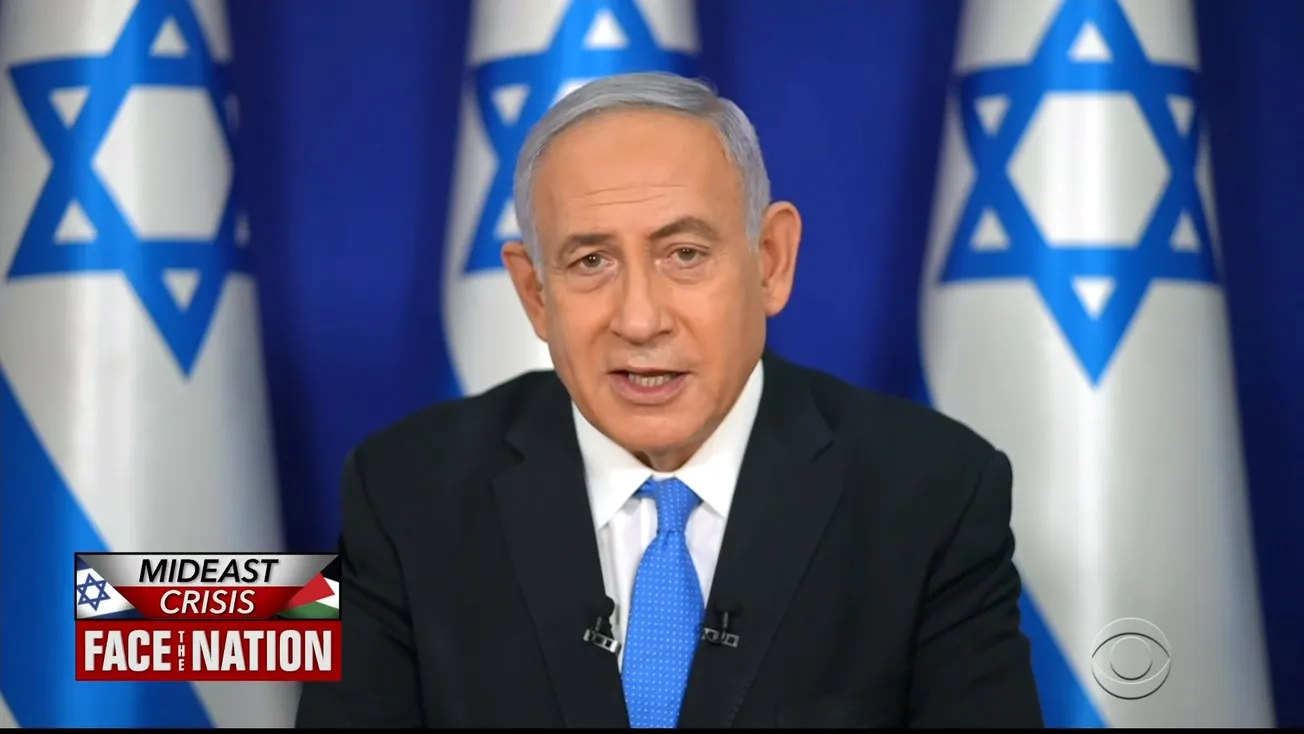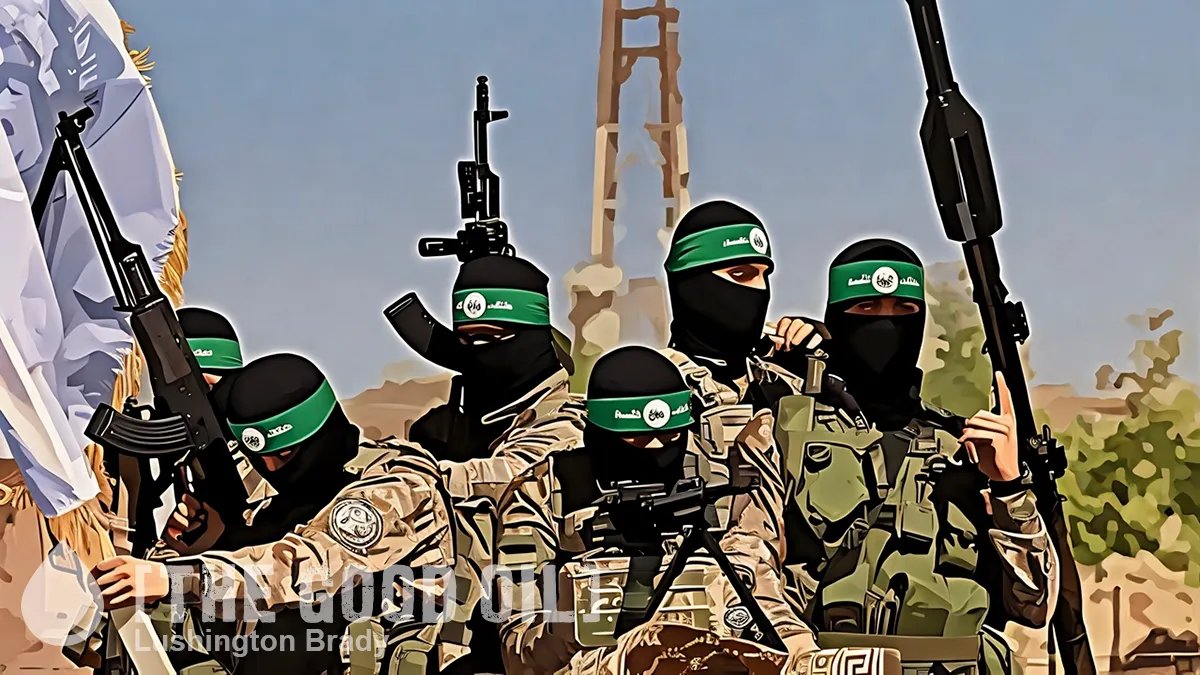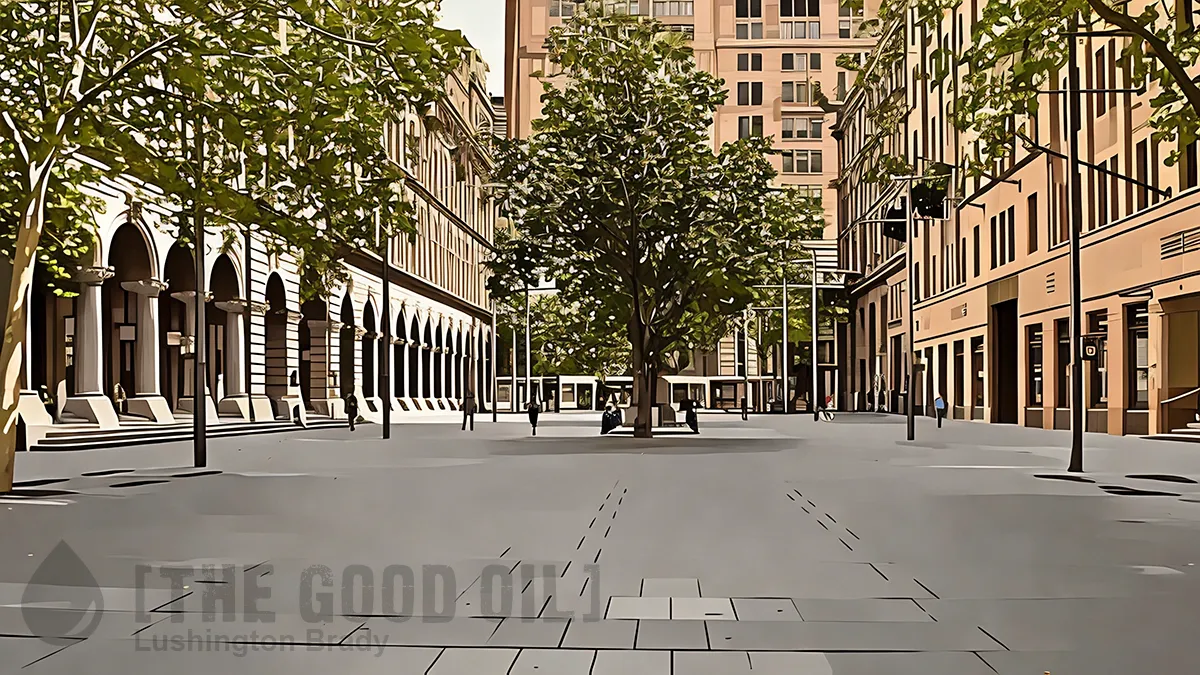Table of Contents
Every time a leftist Israel-hater denies being an antisemite, ask them why, out of all the violent, repressive Middle-Eastern dictatorships, the one they singularly obsess about is the only liberal democracy – which also happens to be the only Jewish state. If they can come up with a response at all, the only one programmed into them is to deny that Israel is even a democracy.
I recently encountered this bizarre argument in person. A dutifully Guardian-reading leftist flatly denied that Israel is a democracy. Never mind the fact that they have regular multi-party elections, not to mention universal suffrage. Israel has even taken on the Green’s wet dream of lowering the voting age for municipal elections.
In fact, Israel is ranked higher on the Democracy Index than the United States.
But, with typical leftist denial of inconvenient facts, our Guardian-reading leftist insisted that “Netanyahu has seized power.” How? The only thing Mr Lefty could come up with, was “by joining with his far-right mates”. So… by forming a coalition government? By which measure, then, Jacinda Ardern illegitimately seized power in 2017.
In fact, Israel is so democratic it still holds elections even in the middle of a war for its survival.
The results are enough to make Herr Guardianista weep.
Local elections in Israel, delayed by the war in Gaza, have returned gains for Ultra-Orthodox and far-right parties after low turnout in most areas.
The municipal votes were expected to serve as an indication of public opinion after the 7 October Hamas attack and the ensuing war in the Gaza Strip.
Indeed, they did: and Israelis overwhelmingly voted for Bibi.
Just under 50 per cent of the seven million eligible voters turned up to polling stations, and rightwing and religious parties allied with the Likud, the party of the prime minister, Benjamin Netanyahu, were more successful in mobilising their bases.
The Guardian
Despite predictions that the far-right parties associated with Mr Netanyahu might suffer a setback, it appears their vote defied predictions and broadly held up.
But what about those ‘months of weekly protests’, which we were told showed how unpopular Netanyahu is? All typical leftist foot-stamping and tantrums, apparently.
Israeli local elections – or municipal elections, as they are often called – do serve as bellwether indicators of the country’s political trends.
For instance, when Mr Netanyahu’s right-wing Likud party caused a political earthquake by ousting the centre-left Labour Party from the town hall of Jerusalem three decades ago, it proved to be a precursor to his rise to power at the national level. Jerusalem is Israel’s biggest city and official capital.
So, Israeli voters have dashed the left’s wishful thinking and backed Netanyahu and his allies.
Which is why, of course, the media are gnashing their teeth and flinging around their standard, meaningless epithets: ‘far-right’, ‘extremist’, etc, etc. And all the other usual sour grapes.
Overall, the local elections were a disappointment for those opposing Israel’s current government, especially since they came after almost a year of massive anti-government protest movements.
As an Australian prime minister once famously said, “They can march till they’re bloody well footsore.” The only ‘demonstration’ that matters is the tick on the box on the ballot paper.
One thing that’s clear is that 7 October focused Israeli minds.
The Labour Party, still a public supporter of a two-state solution giving Palestinians their own state, continues to poll badly at the national level, and other centre-left parties keen to talk to the Palestinians are attracting less than 15 per cent of the electorate.
The Straits Time
Few Israelis are now gullible enough to believe that peace with a Palestinian state is remotely feasible, not now that the thugs of Gaza have shown their true, bloody colours.









